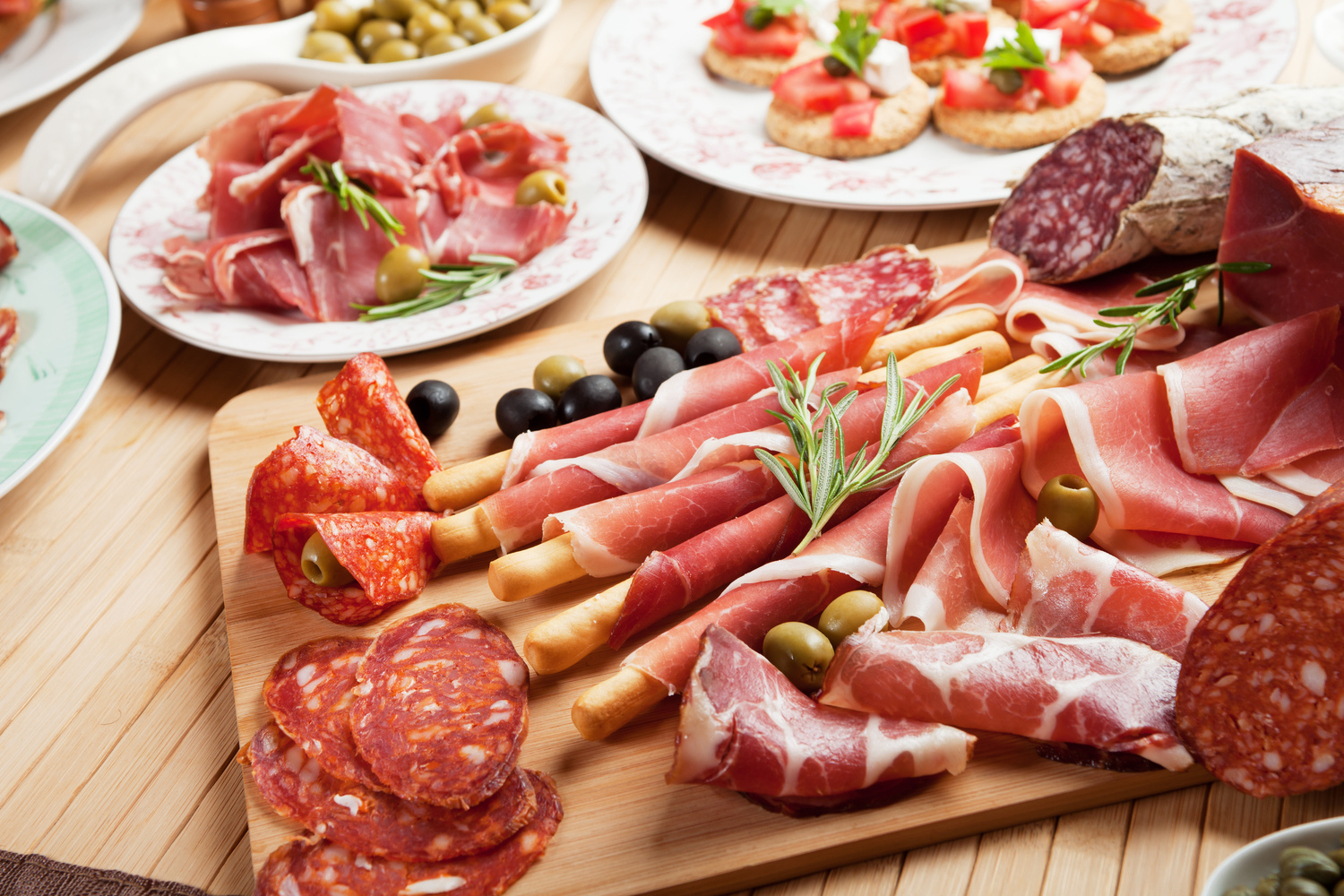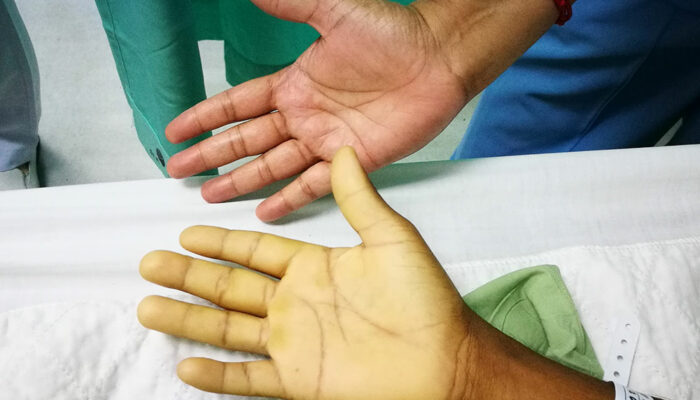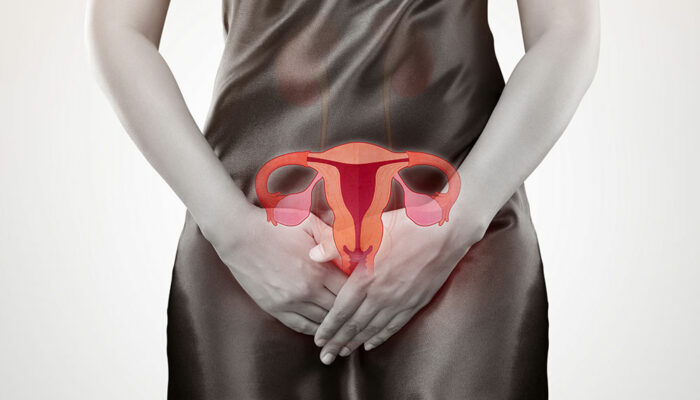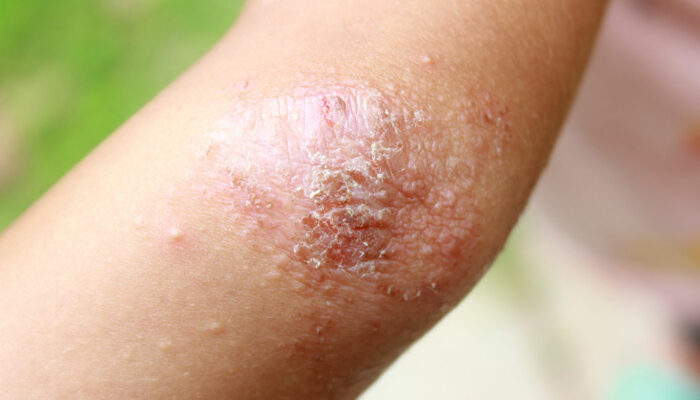
5 Human Foods That are Safe to Feed Cats
It’s common knowledge that cats can be fussy. Many people have to resort to only buying specific brands, salmon cat food, natural cat treats, and high protein wet cat food in order to please their fussy feline companions. Whatever the case, one thing is for sure—cats love to beg for human food. If you have a fussy cat and want to know which human foods are safe to feed cats, read on:
1. Meat
Cats are carnivores that feed primarily on meat. Skinless poultry is the healthiest option for cats. However, keep in mind that many cats have allergies to chicken. Protein plays a big part in the health of a feline and can help them maintain a sound reproductive system, vision, and heart. As a recommendation, you should always skin, debone, and cook any meat a cat is to eat.
2. Spinach
It shouldn’t surprise most that cats sometimes eat certain plants, not as food but as medicine. Cats love spinach, and for good reason. Spinach is a source of essential vitamins and minerals for a cat. That being said, you should never feed spinach to a cat with kidney issues, as it contains a compound called calcium oxalate, which can cause stones to form in the urinary tract if eaten in large amounts. Always be sure to wash any spinach before giving it to your cat as food to ensure it is free of any germs or pesticides.
3. Eggs
Eggs are high in protein, vitamin B complex, and calcium. It’s often an essential ingredient in most commercial cat foods and is undoubtedly a favorite among cats. Always avoid feeding raw eggs or eggs with added onions or garlic ingredients to cats as it can lead to pet toxicity. Cooked eggs are great sources of nutrition for cats and can help them keep a healthy, shiny coat.
4. Salmon
Being rich in omega-3 fatty acids and protein that keeps a cat well, it’s no wonder salmon, a delicious and healthy human food, is also suitable for cats. As always, clean, debone, and cook all fish that a cat is to eat. Feeding raw fish to a cat might expose it to the potential risk of salmonella or E Coli, which cause it to become sick. And bones can shatter and injure your cat if you allow them to chew on it.
5. Whole grains
Whole grains come in various nourishing varieties, such as corn, wheat, oats, barley, or polenta. The benefit of whole grains is that they are high in vitamins and fiber. Like humans, cats can feed safely on whole grains and enjoy their nutritional benefits. Cats prefer to eat whole grains in smaller manageable bits, so crushing larger grain varieties before feeding them to a cat is a safe course to take. Of course, whatever type of grain a cat eats must be thoroughly cooked to help aid in proper digestion for your cat.



